Let your legs do the talking
'Carbon fibre this, titanium alloy that…' Obsession with the latest and greatest technological...
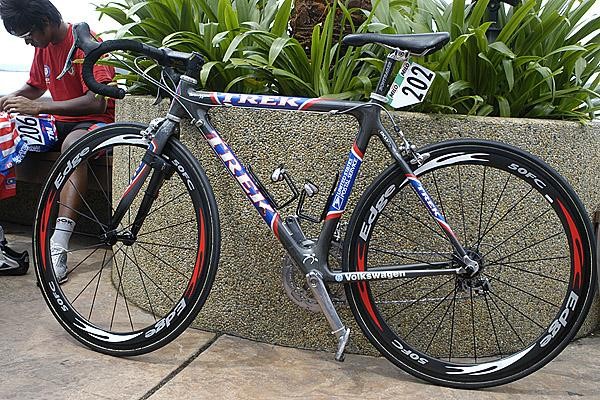
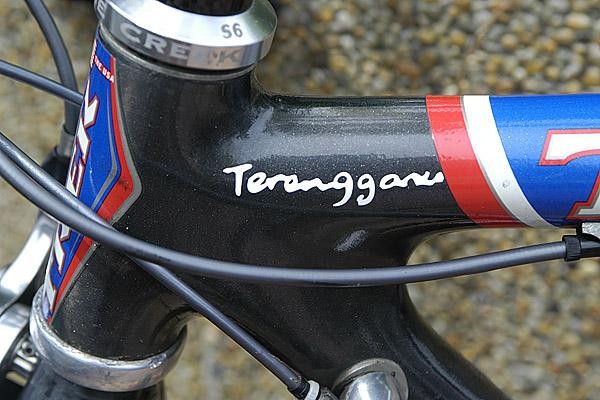
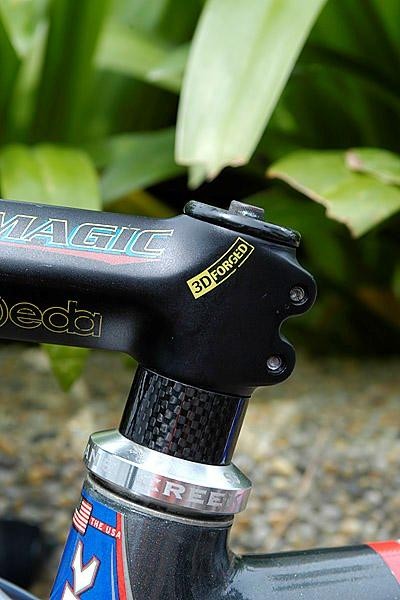
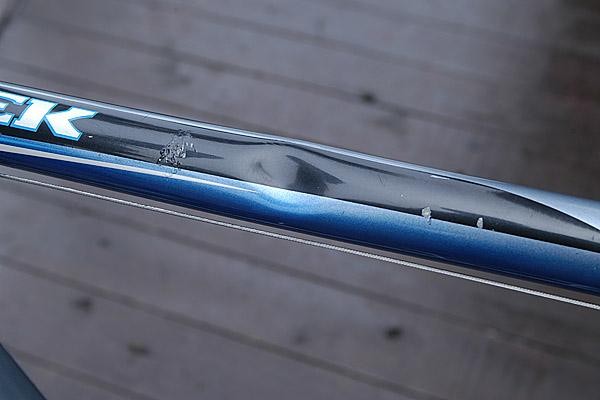
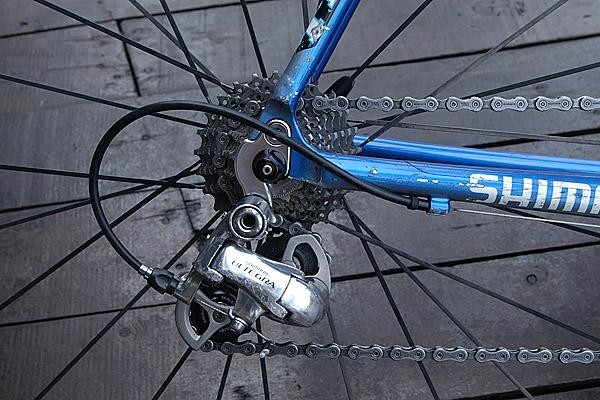
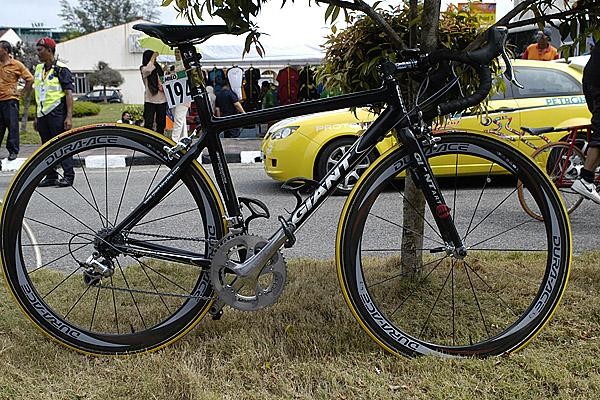
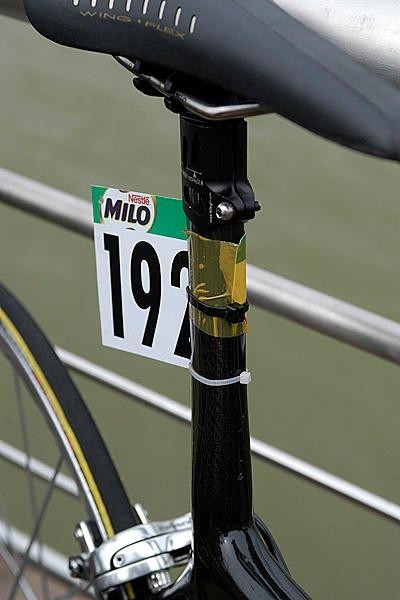
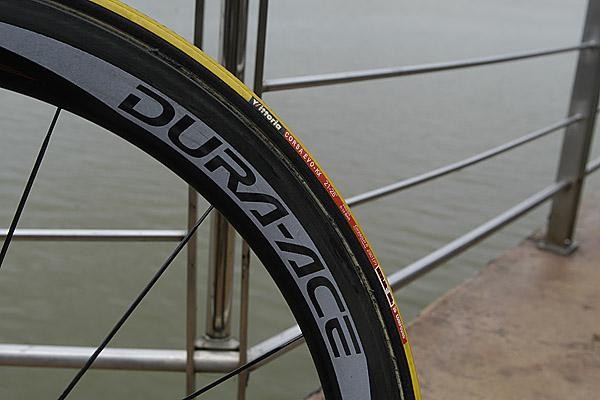
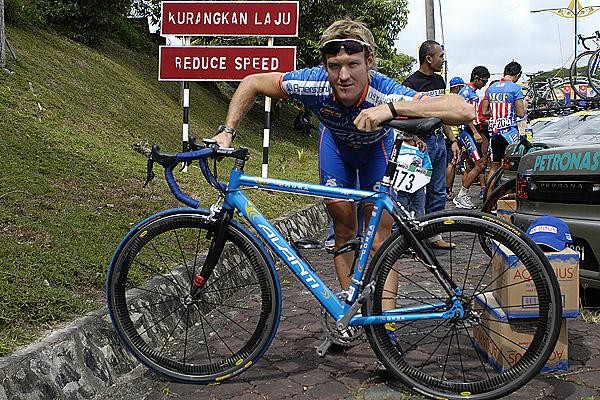
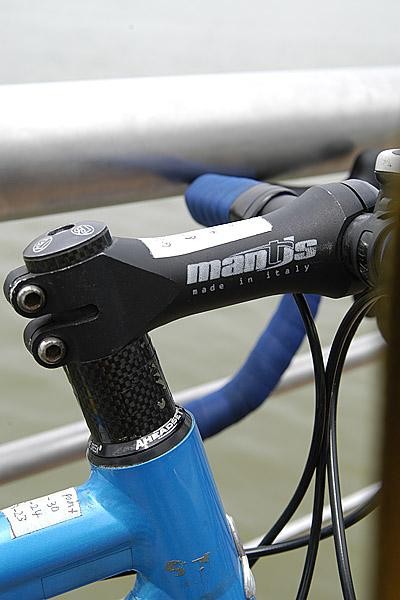
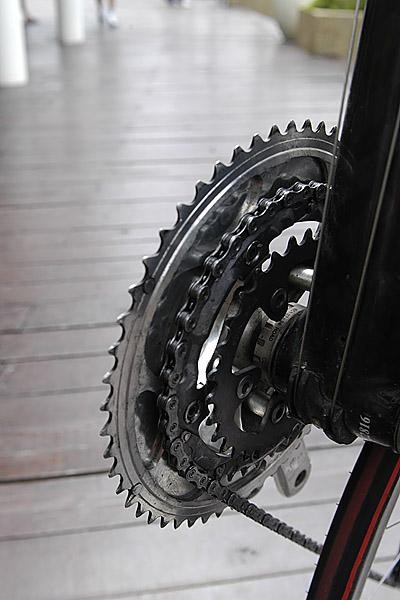
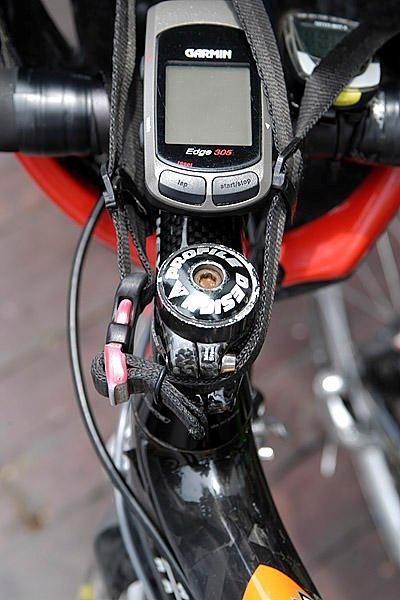


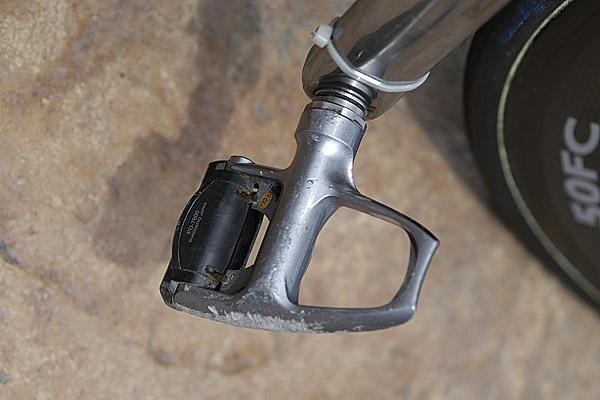
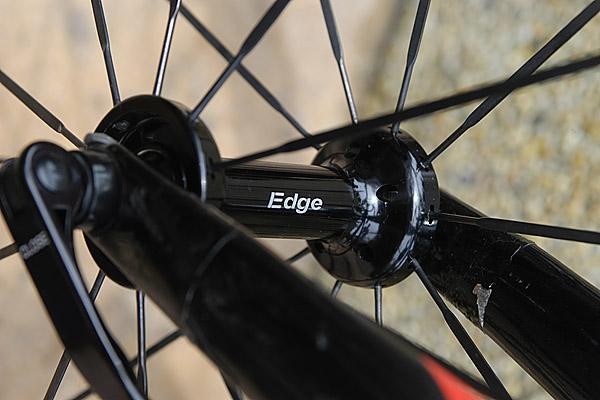

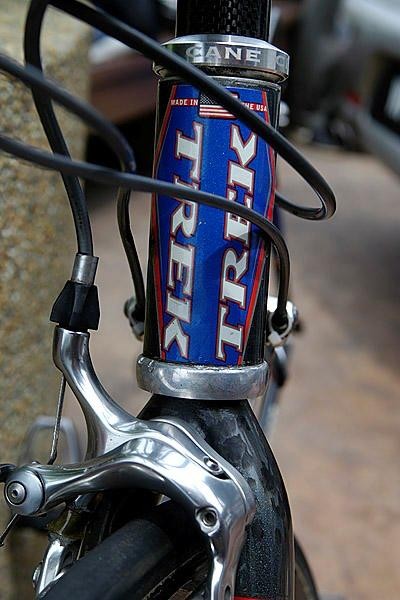

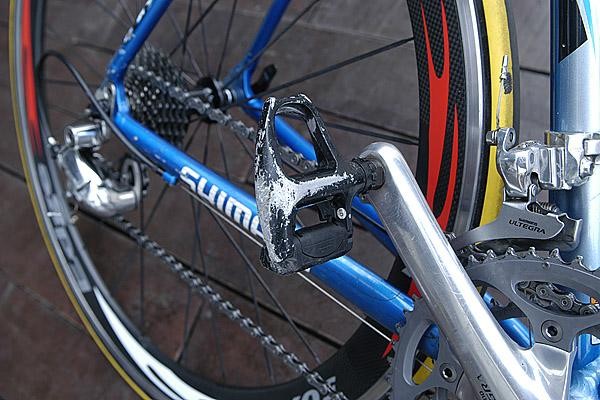


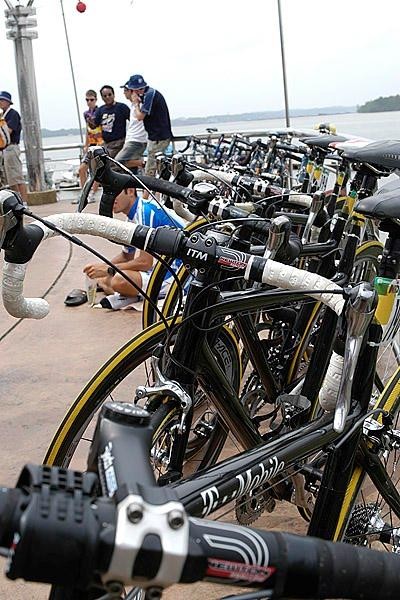
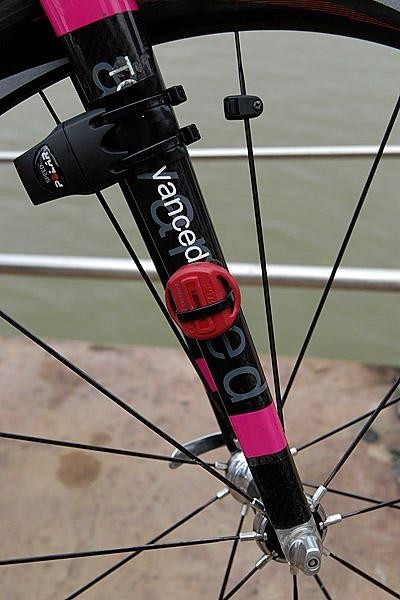



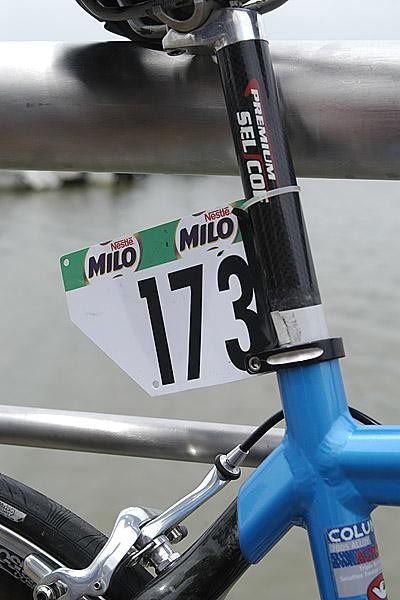
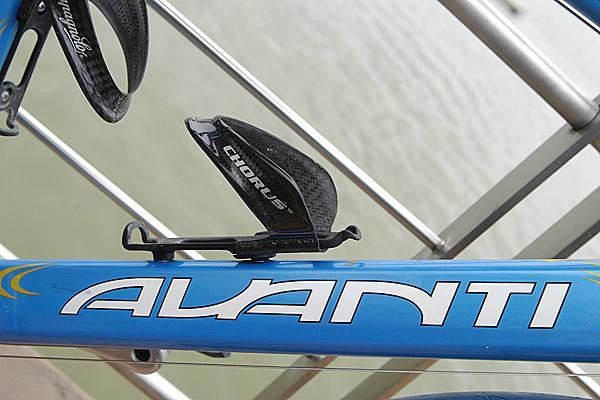

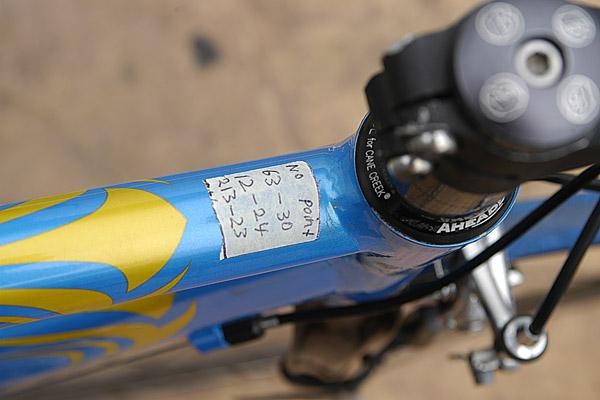
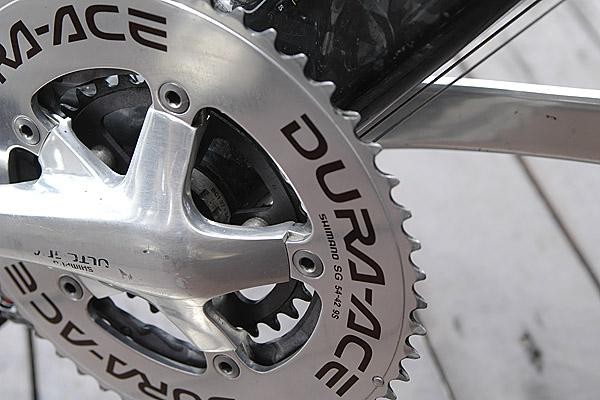


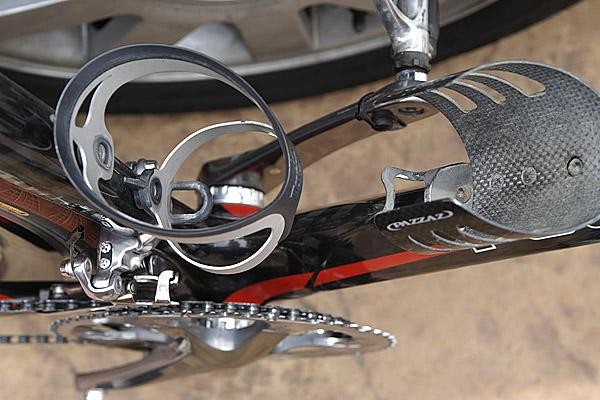
Race tech: Tour de Langkawi, February 22, 2008
'Carbon fibre this, titanium alloy that…' Obsession with the latest and greatest technological advances in bicycle engineering extends far beyond the professional peloton. But at the Tour de Langkawi this year, the gulf between teams' equipment budgets was far bigger than you might imagine and not every rider had the benefit of some uberlight wonder bike to make life that little bit easier. Cyclingnews took a stroll through the start area and discovered that it's not what you ride, but how you ride it that counts.
The Tour de Langkawi is a unique event in many ways, not least for the fact that it welcomes a wide variety of teams from virtually every continent in the world (yes, we know there were no Antarctic teams here this year, thank you very much). With this variety comes a plethora of different bikes, components and accessories. But glance down the overall standings and it doesn't look much different to any other big stage race - be that in Europe, the US or elsewhere. So all this begs the question: does it really matter what you ride, so long as it has two wheels, fits properly and goes like stink when you want it to?
The first bike to catch our eye this week was Lance Armstrong's 2000 Tour de France winning frame. No, Lance wasn't actually here, but that same Trek 5900 was, ridden by Malaysian National Cycling Federation rider Mohd Jasmin Ruslan. Ground breaking for its time, the OCLV 110 carbon frame isn't exactly heavy at 1250g and certainly no disgrace by modern standards either. Remember, this was the frame that Armstrong famously stormed up the Pyrenean climb of Hautacam and then cracked big-time a week later on the Col de Joux Plane in the Alps.
Naturally, Ruslan's machine differed in almost every other way from Armstrong's 2000 rig: it was fitted with a 10 speed groupset, deep section carbon wheels and a different bar, stem and saddle combination.
Stage 3 of this year's race saw an historic day for the Asian riders when a group of five held off the entire peloton on the 209.4 kilometres of the longest stage. Crossing the line first was Seoul Cycling's Jae Won Lae - the first Korean rider ever to win a stage at the Tour de Langkawi. Newly registered as a Continental squad, Seoul Cycling has been forced to buy all its own equipment this season as the search for sponsors remains ongoing. The team currently rides a set of Giant TCR Advanced bikes - not the very latest frames used by Team High Road, but obviously perfectly effective nonetheless.
Tasmanian Bernhard Sulzberger is another man that gave us a solid ride on what was essentially his own personal machine - an Avanti Team Corsa. The Tasmanian signed a last-minute deal to ride for Malaysian Continental team Letua only days before the race began after his previous team, Pro Continental outfit Pedaltech, collapsed before the season started. Sulzberger eventually fell back to 31st in the final standings but was as high as 4th overall, just six seconds off the lead early on in the race.
Get The Leadout Newsletter
The latest race content, interviews, features, reviews and expert buying guides, direct to your inbox!